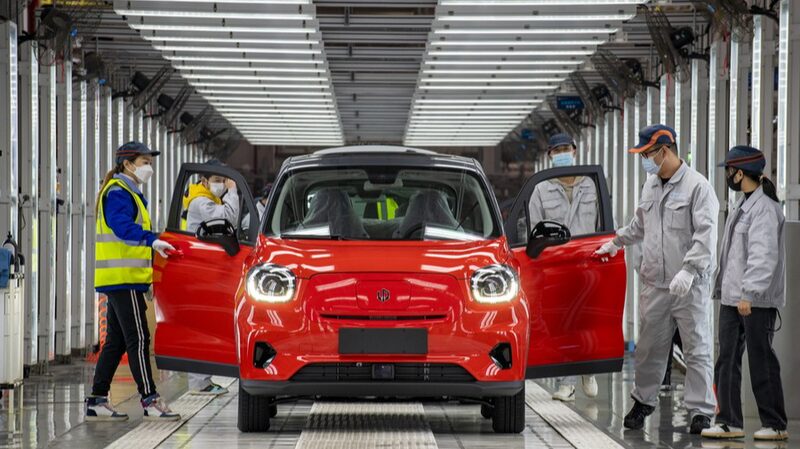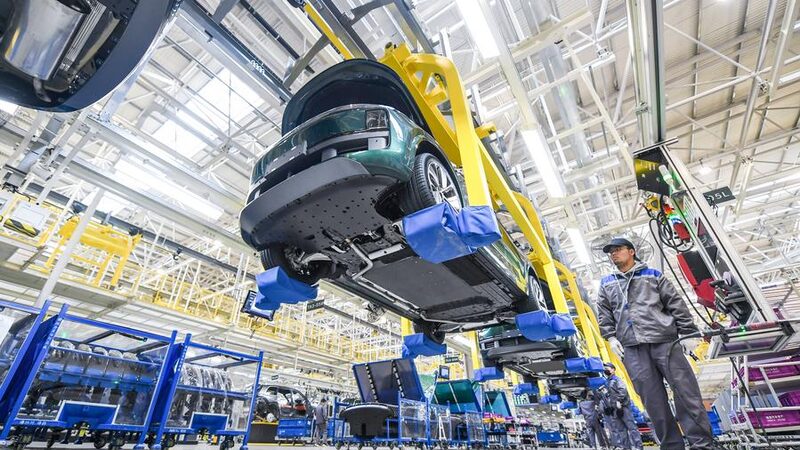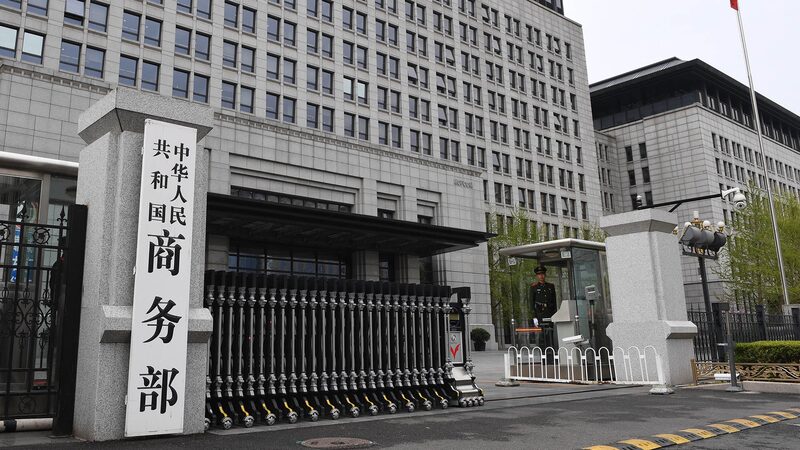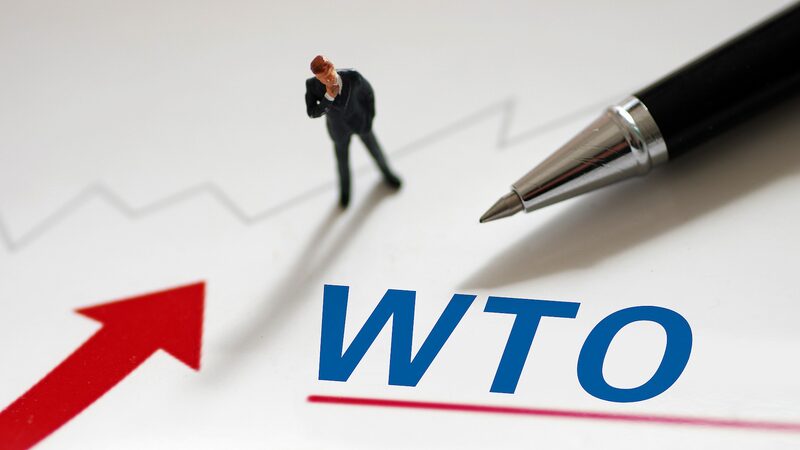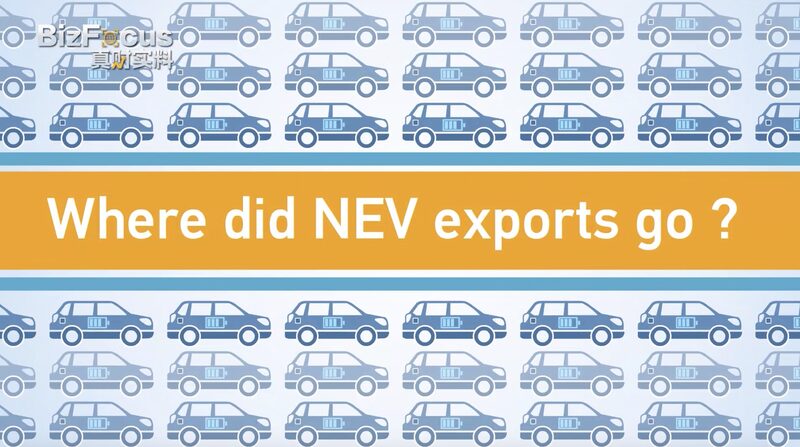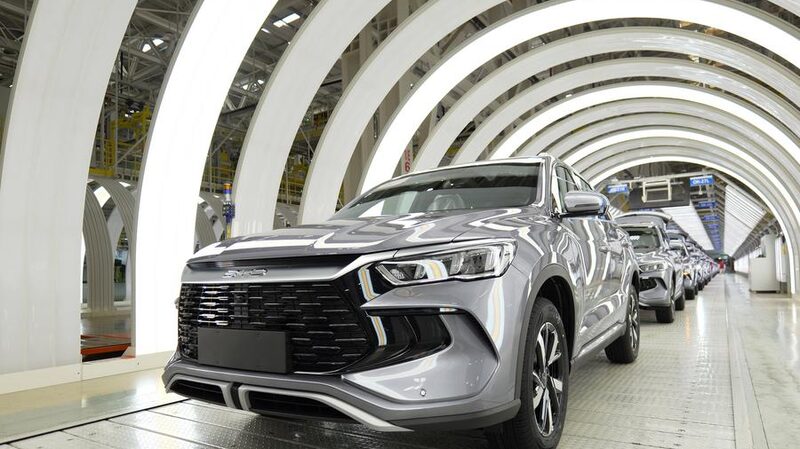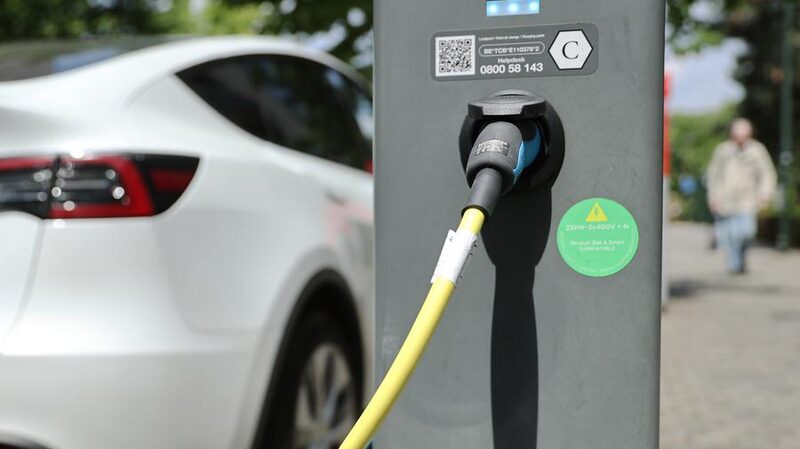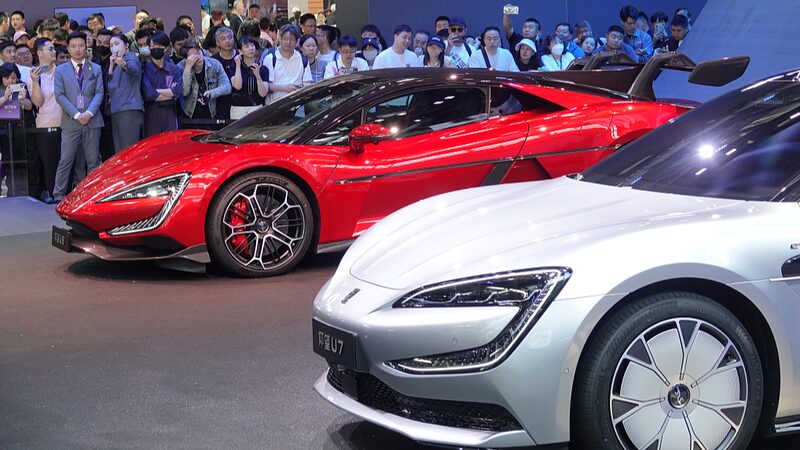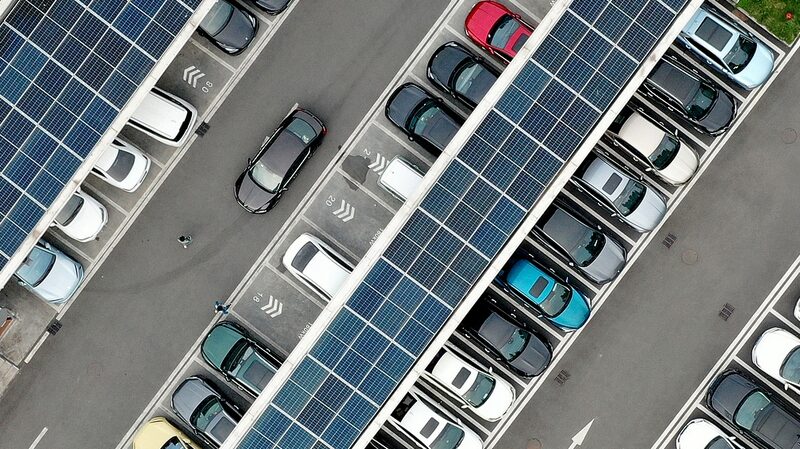In a significant move that could impact global trade dynamics, China announced on Tuesday that it has filed a complaint with the World Trade Organization (WTO) over the United States’ subsidies for new-energy vehicles (NEVs) under the Inflation Reduction Act (IRA). The complaint, lodged by China’s Ministry of Commerce, asserts that the U.S. subsidies discriminate against Chinese NEV products and violate WTO rules.
According to the statement from the Ministry, the U.S. government’s subsidy policies for NEVs under the IRA exclude products from China and other WTO members. “This has distorted fair competition, seriously disrupted global NEV industrial and supply chains, and violated WTO rules such as national treatment and most-favored-nation treatment,” the Ministry said.
China’s decision to file the complaint aims to protect the interests of its NEV enterprises and to maintain a fair competitive environment in the global NEV industry. The Ministry emphasized China’s firm opposition to the discriminatory measures and called on the United States to abide by WTO regulations.
“China firmly stands for a rules-based multilateral trading system and respects the legitimate rights of WTO members to implement industrial subsidies within the framework of WTO rules and promote their own economic and social development,” the statement noted.
China urged the U.S. to respect the development trend of the global NEV industry and to promptly correct its discriminatory industrial policies. The Ministry stressed the importance of maintaining the stability of the global NEV industry and supply chains, which are crucial for the ongoing transition to sustainable energy solutions worldwide.
The complaint highlights the growing tensions between the world’s two largest economies over trade practices, particularly in the high-tech and green energy sectors. The outcome of this dispute could have significant implications for international trade relations and the future of the global NEV market.
Reference(s):
cgtn.com
